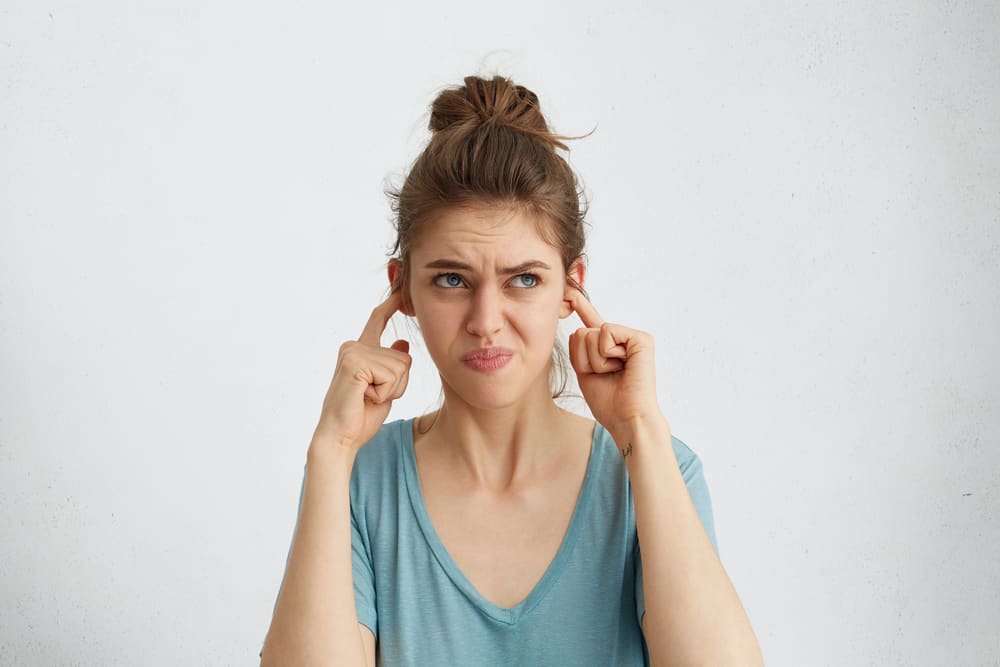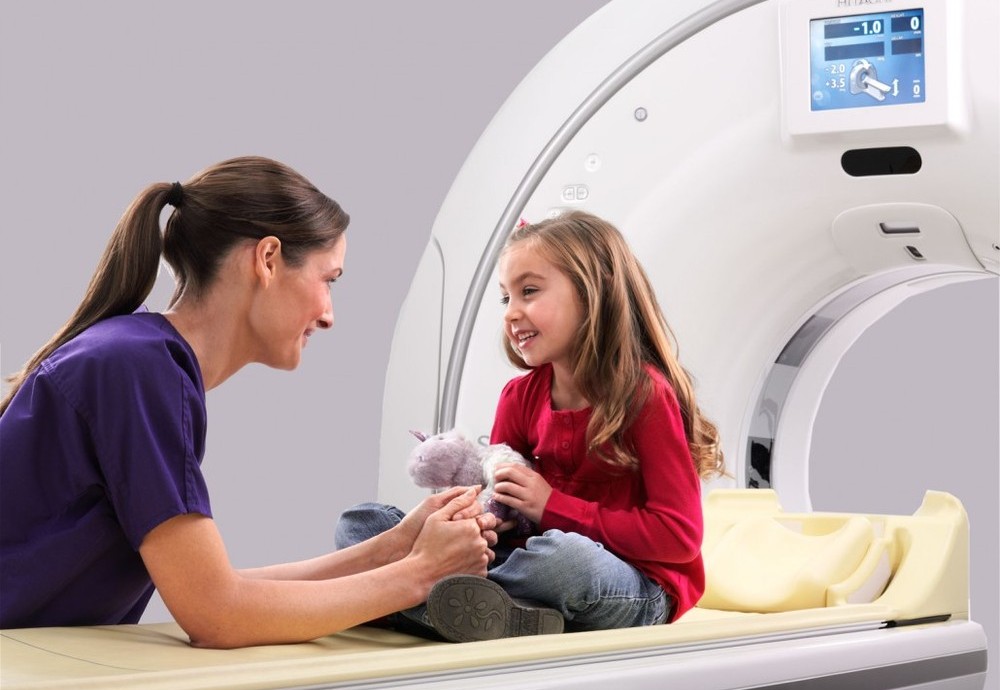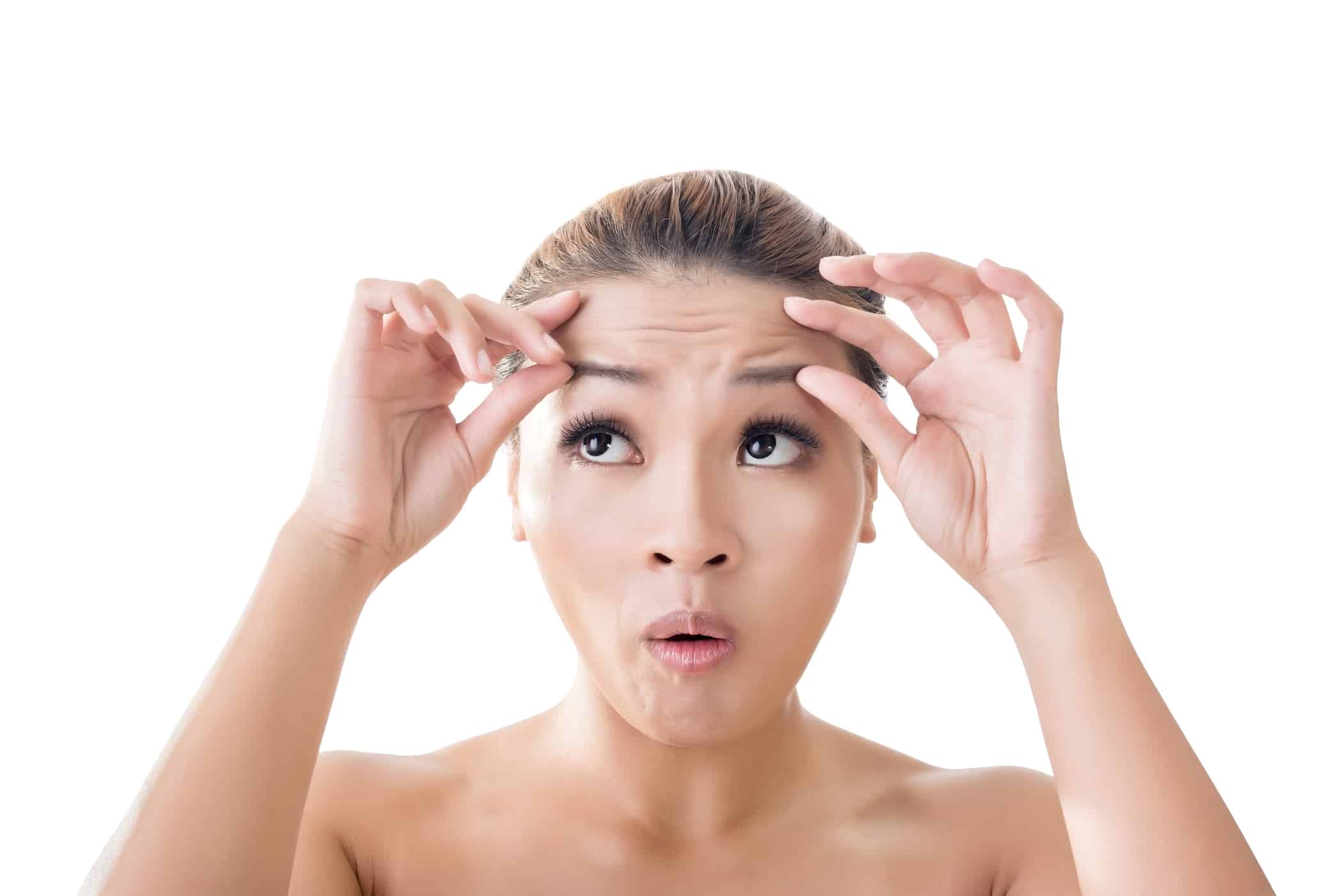Contents:
- Medical Video: Why Do We Hallucinate?
- What are hallucinations?
- Kinds of hallucinations
- Auditory hallucinations
- Visual hallucinations
- Olfactory hallucinations
- Gustatory hallucinations
- Tactile hallucinations
- Temporary hallucinations
- What are the causes of hallucinations?
- Mental illness
- Substance abuse
- Lack of sleep
- Drugs
- Overcoming hallucinations
- Drugs
- Psychological counseling
Medical Video: Why Do We Hallucinate?
You may have heard about hallucinatory phenomena often. Hallucinations are disorders that make someone see or experience things that are not real. However, do you know why and how can hallucinations occur? Check out the answer below!
What are hallucinations?
Hallucinations are a sensation that looks real, when in fact it is made by your mind. Hallucinations can affect your five senses. Yes, this condition does not only make you see things that are not real, but also hear, touch, or even taste something that does not really exist.
Generally, the cause of hallucinations is a mental disorder. However, hallucinations are symptoms that are also quite often reported in people with neurological disorders such as Parkinson's disease.
Kinds of hallucinations
As explained above, hallucinations can cause effects on vision, smell, taste, hearing, and touch sensations. So, the types of hallucinations are:
Auditory hallucinations
Auditory hallucinations are the most common type of hallucinations. With this condition, you might hear a sound that comes from inside or outside your mind. These sounds can be like talking to each other or ordering you to do something.
Visual hallucinations
The type of visual hallucination is a sensation like seeing objects, patterns, people, or light that is not real. For example, you might see someone in a room or light that cannot be seen by others.
Olfactory hallucinations
This type of hallucination includes your sense of smell (pengidu). For example, you feel that your body has a bad smell even though there really isn't any smell. The smell you smell may smell pleasant or unpleasant.
Gustatory hallucinations
This type of hallucination involves your senses. Unlike olfactory hallucinations, the taste you taste in gustatory hallucinations is often unpleasant. Gustatory hallucinations often occur in people with epilepsy.
Tactile hallucinations
Tactile hallucinations relate to feelings of touch or movement in the body. For example, you can feel insects crawling your back or hands that touch your body. You may also feel that your internal organs are moving.
Temporary hallucinations
A person can experience this type of hallucination if their relationship with another person has just ended or if the closest person has just died. You might hear a voice or see the closest person in a short time. Temporary hallucinations will disappear once the pain is due to loss subsiding.
What are the causes of hallucinations?
There are many causes of hallucinations. More complete, see the following explanation.
Mental illness
The most common causes of hallucinations are mental illness that can include schizophrenia, dementia, delirium, and others.
Substance abuse
This is also the factor that causes the most hallucinations. Too much alcohol or drug intake makes a person see or hear things that are not real.
Lack of sleep
Hallucinations are conditions that can arise if you really lack sleep. A person is more likely to experience hallucinations if he has been awake for several days or has not slept enough for a long time.
Drugs
Some medications can cause hallucinations, such as drugs used for Parkinson's disease, depression, psychosis or epilepsy.
Other causes of hallucinations include:
- Chronic diseases such as AIDS, brain cancer, kidney failure, and liver failure.
- High fever especially in small children and the elderly.
- Migraine.
- Is ostracized by (or intentionally alienating themselves from) their social environment.
- Seizures.
- Deaf, blind, or vision impaired.
- Occipital seizures. This condition makes the patient see blots or blinking light.
Overcoming hallucinations
Hallucinations are a condition that can be controlled, although it cannot be guaranteed to recover one hundred percent. Depending on the cause of the hallucinations, the doctor will recommend the most effective treatment. Care plans can include:
Drugs
Treatment is prescribed according to the causes of hallucinations. If you are hallucinating due to stopping consuming alcohol, you need drugs that function to calm the nervous system. If hallucinations are caused by Parkinson's disease treated with dementia, patients may need to use other types of drugs.
Psychological counseling
Counseling also plays an important role in dealing with hallucinations, especially if hallucinations are caused by mental health conditions. Counselors can help patients understand more about their conditions and provide strategies to overcome them. This is especially important for patients suffering from paranoid.
Hello Health Group does not provide medical advice, diagnosis or treatment.












